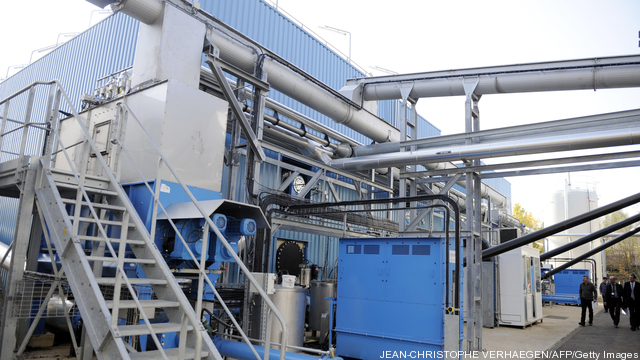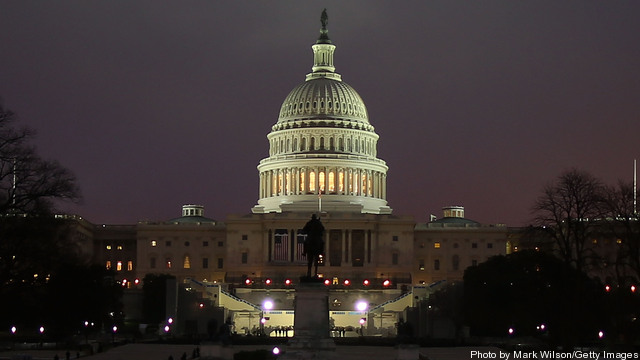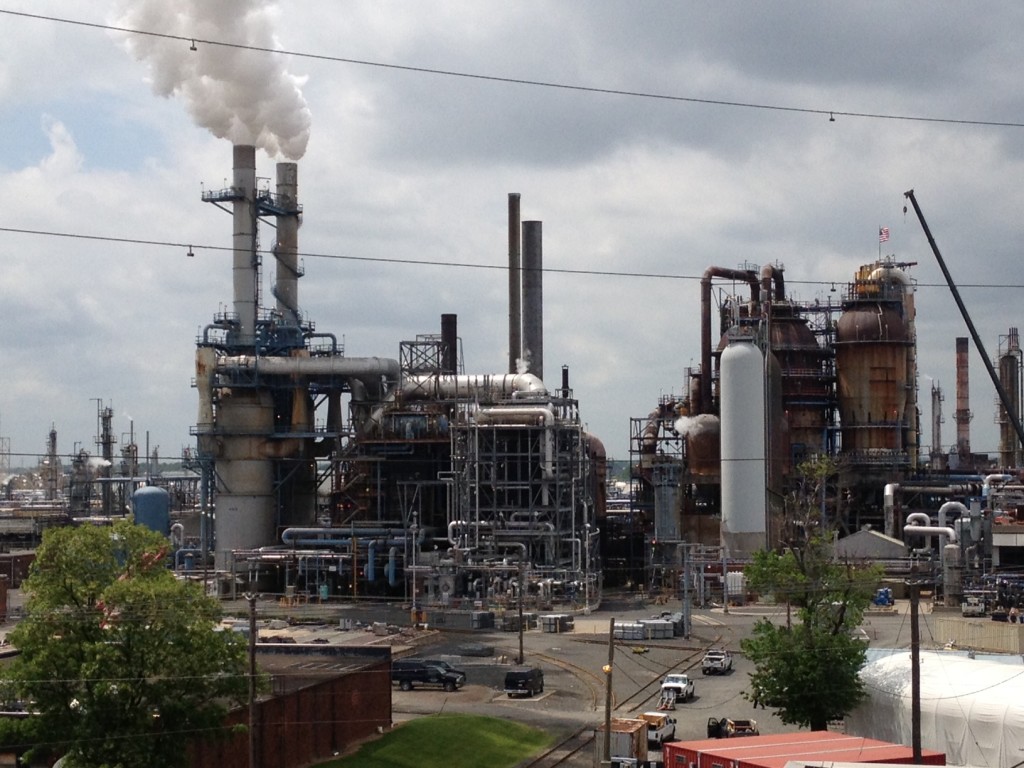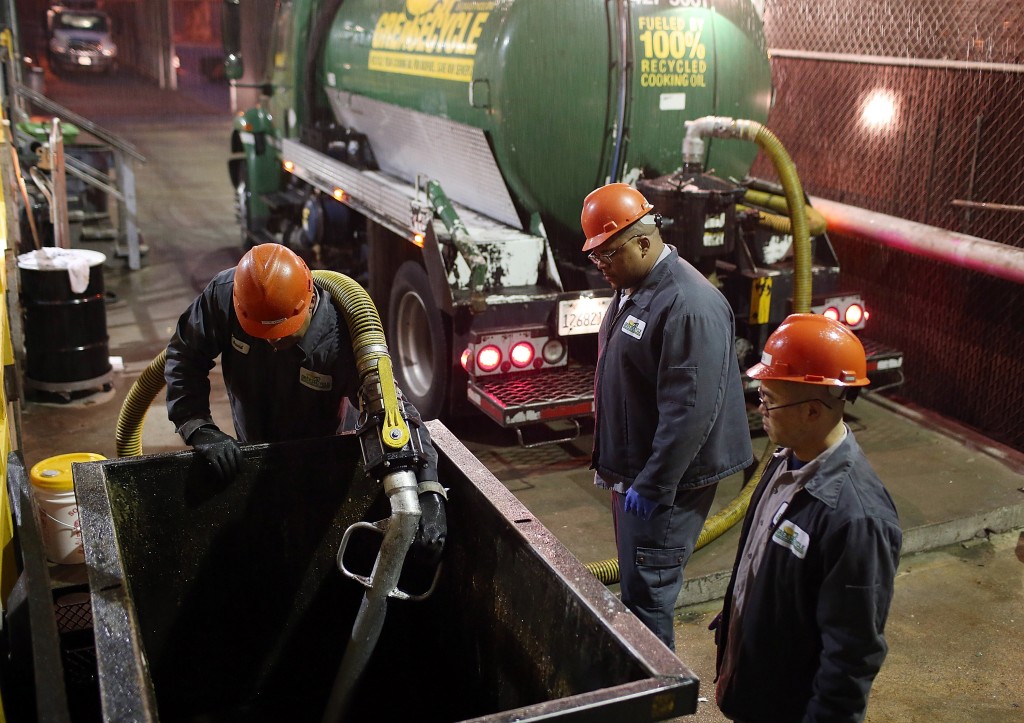Congressional hearings this week focusing on the EPA Renewable Fuel Standard bring together impassioned speakers representing the US biofuel constituency, traditional fossil fuel interests, major food companies and other stakeholders. With so many business interests involved, there is clearly a lot at stake – thousands of jobs and billions of dollars for starters – but… Keep reading →
RFS
Sign up and get Breaking Energy news in your inbox.
We will never sell or share your information without your consent. See our privacy policy.The battle over the Renewable Fuel Standard is getting ugly, as congressional hearings take place today and tomorrow, representatives from each side of the ethanol/biofuel debate release their verbal attack dogs. “Let me be clear, AFPM is not anti-ethanol or anti-biofuels, both can play an important role in the fuel mix, provided they are safely… Keep reading →
UK oil major BP made a big splash in 2000 when it changed its name to “Beyond Petroleum” (originally British Petroleum) and changed its logo to a sunburst design that was supposed to represent the company’s greater renewable energy focus. BP has since scaled back some of those efforts, but other firms are pushing ahead… Keep reading →

The Renewable Fuel Standard (RFS), a federal policy requiring that ethanol be blended into the U.S. gasoline supply at annually increasing amounts, has been touted by the biofuels industry as the solution to a myriad of energy woes. But in the seven years since the policy was enacted, the RFS has failed to meet its goals of protecting the environment and reducing dependence on foreign oil. It has and is forcing Americans to pay more for fuel, and it has raised food prices around the world. And yet, ethanol lobbying groups continue to argue on behalf of the policy, armed with an array of invalid claims:
Myth: “Oil is the cause of casualties abroad and economic volatility at home.” Keep reading →

Few innovations hold more promise than alternative fuels. The prospect of driving our cars on clean, renewable fuel has tremendous appeal. Yet few technologies have had more hype and disappointment than biofuels. And given all the fits and starts in the renewable fuel category it’s easy to be skeptical about the future of biofuel. Today, there is reason to renew hope. The breakthrough innovations we have all been waiting for to make clean, renewable fuel are finally becoming reality. Here is a look at five myths surrounding biofuels that can now be debunked based on new thinking and new technological advancements:
Myth #1: Producing biofuel takes valuable food out of the food supply and is inefficient use of farm land. Keep reading →

The development cycles for projects using established technology are famously lengthy in the energy sector, while the length of time it takes for new technology to be developed and brought to commercial scale runs to decades, if not longer.
The advanced biofuels business, lent a generous mandate by US politicians against the background of fears over energy security and rising oil prices in the middle of the last decade, has managed to accelerate the development cycle to a degree that would have been unimaginable a decade ago, representatives for the industry said on a call with reporters recently. Keep reading →

The oil industry has taken aim at the Renewable Fuel Standard (RFS) in a self-interested bid to retain dominance over America’s transportation fuel sector. Our dependence on oil is stifling consumer choice and jeopardizing our national security. Fixing those issues means diversifying our fuel supply; that means breaking the oil monopoly.
We are a nation addicted to oil and until the RFS was created in 2005, we had no infrastructure to break that addiction. The RFS increases consumer choice and energy security, while simultaneously decreasing the overall negative impacts that oil dependence has on our economy and environment. That benefit –consumer choice – is exactly why the American Fuel and Petrochemical Manufacturers, which spent over $1.6 million lobbying in the fourth quarter of 2012 alone, is funding efforts attacking the policy. Keep reading →

The unintended consequences of energy policy have been the focus of widespread public discussion in recent years, with everything from solar bankruptcies to the ethanol business coming under fire for receiving government funding that critics said makes the energy source a source of disruption in markets.
The unintended consequences can filter into unlikely areas, with rising costs for inputs into government-mandated fuels driving up costs to competing industries and contributing to the breakdown of established supply chains. The analysts at Smarter Fuel Future, an advocacy group that counts the American Fuel and Petrochemical Manufacturers among its members, have laid out some of the unintended consequences they say Americans face as part of the country’s efforts to comply with the 2007-era Renewable Fuel Standard. Keep reading →

Five years isn’t long in the energy business, where project development cycles can stretch into decades. That makes the emergence of the cellulosic biofuels business as a commercial force in the US in the past five years even more striking.
While the industry is making rapid strides to commercial maturity and widespread use, it has lacked common templates for creating and building successful production facilities that can be integrated into all-important infrastructure. The Advanced Ethanol Council, only five years after Congress called for aggressive development to alleviate US dependence on foreign oil and the Renewable Fuel Standard was signed, is seeking to provide highly detailed information about those facilities that are under development. Keep reading →

Hosting Thanksgiving Dinner is an expensive operation that is almost universally observed across the United States, and a consortium of companies and groups concerned about the impact of the Renewable Fuel Standard on the US economy sees this year’s Thanksgiving as an ideal opportunity to note what it says will be an increase in the cost of a high-profile family event.
The group has issued an infographic detailing the increased costs it says could result from the RFS policies. The full infographic can be downloaded on the Smarter Fuel Future website here. Keep reading →



